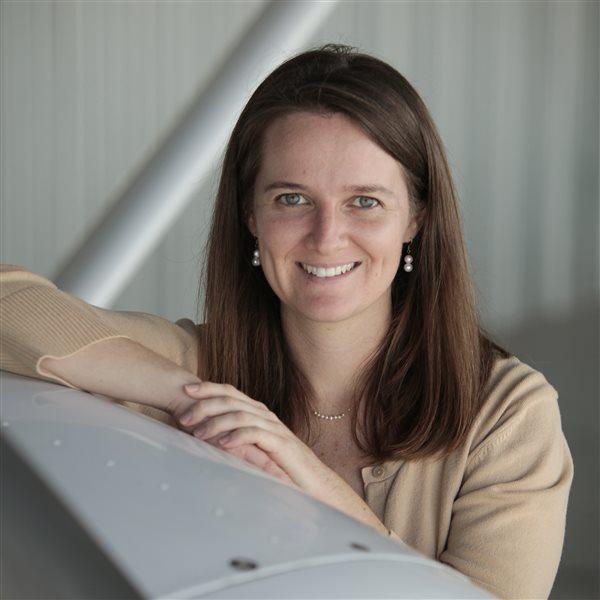AOPA highlights areas to help modernize GA fleet
Asks FAA to remove barriers, develop policy to modernize fleet
AOPA is once again calling on the FAA to create a comprehensive policy to make it easier and more affordable to equip the existing general aviation fleet with “low-cost, modern technology.” In a letter to the FAA, the association submitted recommendations aimed at software verification and production approvals that would help the FAA remove barriers to aircraft modernization. The recommendations follow five guidelines for fleet modernization that AOPA had sent to the agency in June.
The FAA has made some progress in making it easier to add modern safety equipment to aircraft—for example, through its Non-Required Safety Enhancing Equipment (NORSEE) policy—but these policies are limited. A comprehensive approach to addressing the fundamental barriers in aircraft modernization would open the door for companies to seek FAA certification and approval of their products.
In its call for a comprehensive aircraft modernization policy, AOPA noted that by improving two processes—software verification and obtaining production approval—the FAA will make it easier for companies to bring primary flight displays, engine monitoring systems, autopilots, and other equipment with electronic software to the certified market. Centering on those two processes, AOPA asked the FAA to ensure the proper classification of failure conditions in functional hazard assessments during companies’ application for a supplemental type certificate; embrace alternative certification standards for electronic software found in GA aircraft equipment; implement a risk-based approach toward granting production approval; and use industry standards to issue production approval.
AOPA urged the FAA to ensure the proper consideration of factors that are unique to the GA fleet when classifying failure conditions during functional hazard assessments. The assessments are conducted as part of the process for receiving supplemental type certificate approval, and the level of failure condition determines the level of rigor necessary for verifying the design of electronic software in modern equipment, among other requirements. Improperly classifying the failure levels can lead to “unnecessary extensive analysis of the equipment’s design,” which “drives certification costs higher.”
AOPA also asked the agency to shift away in certain applications from RTCA DO-178B, Software Considerations in Airborne Systems and Equipment Certification, which applies many of the same standards for electronic software in transport and normal category airplanes. AOPA noted there are alternative methods for ensuring the reliability of electronic software in many GA aircraft at a far lower cost and without compromising safety.
In addition, AOPA emphasized that expanding the use of industry standards and implementing a risk-based approach to granting production approval would be consistent with the FAA’s safety continuum philosophy, the concept that one level of safety may not be appropriate for all certification levels. Obtaining production approval means the FAA has approved the company’s quality assurance program, a requirement in many cases. AOPA’s recommendations would make it easier for manufacturers that produce equipment for the experimental market to transition to the certified market.
“AOPA appreciates the FAA’s efforts thus far to streamline certification and approval requirements for modernizing the existing GA fleet,” Barkowski said. “AOPA stands ready, willing, and able to assist the FAA and industry in any way possible to address the remaining work needed to bring more modern equipment to the certified market.”



